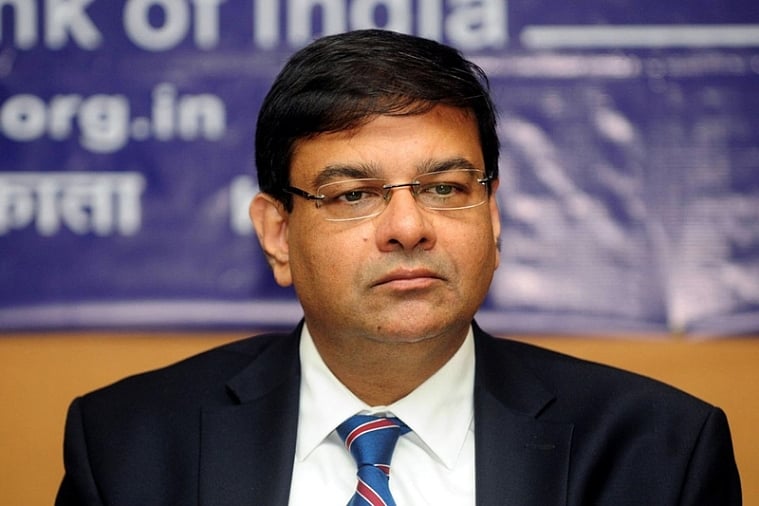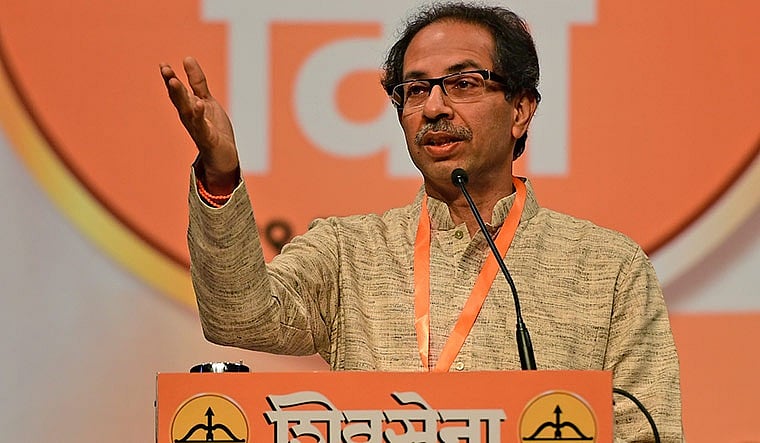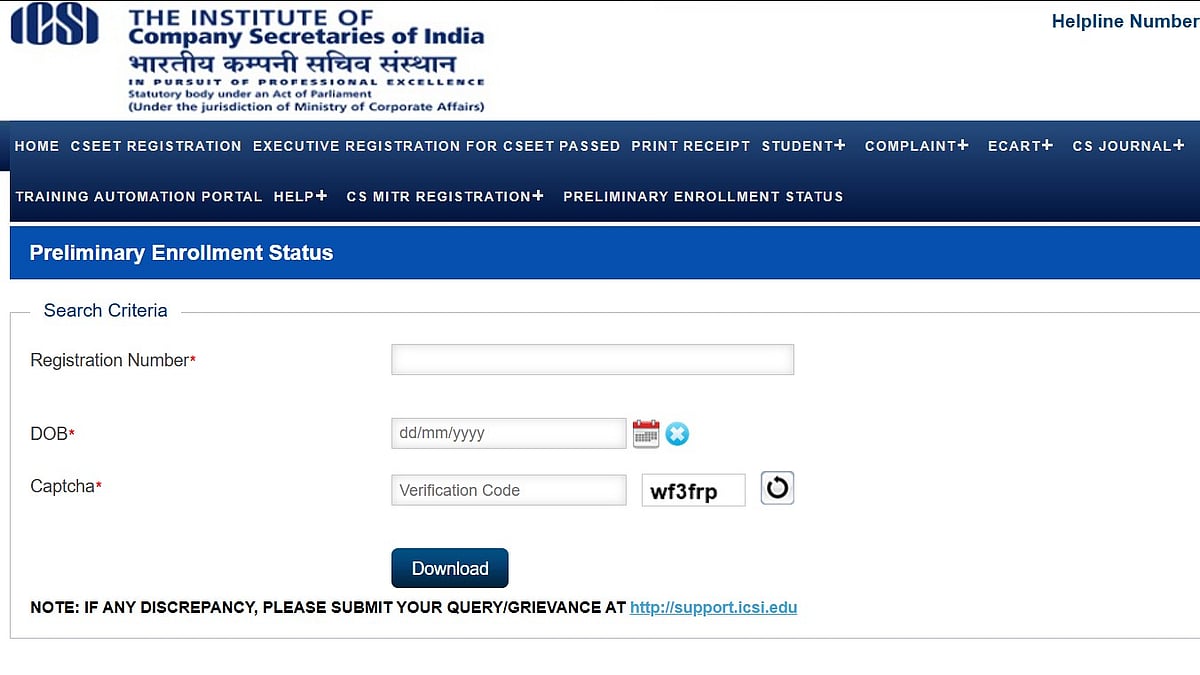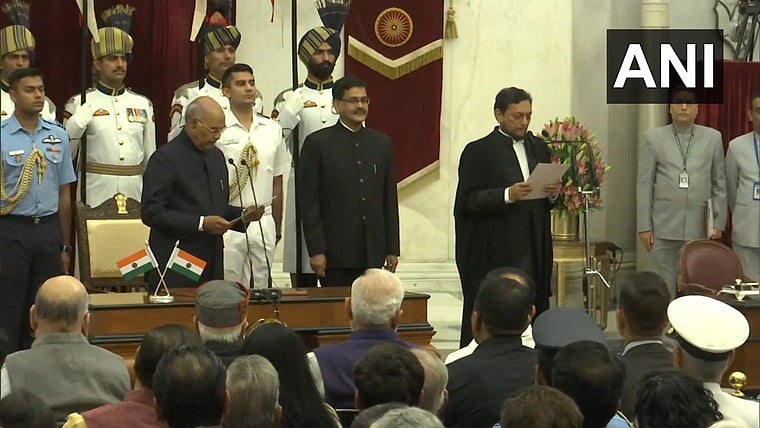A few days before unveiling the electoral bonds scheme, a way to funnel unlimited amounts of money to political parties without having to disclose where the money came from, the BJP government led by Prime Minister Narendra Modi ignorned the reservations expressed by the Reserve Bank of India, reported HuffPost India. The report is based on documents received by retired transparency activist Commodore Lokesh Batra.
Nithin Sethi reported that four days before the then Finance Minister Arun Jaitley was to announce the electoral bonds scheme in his Budget speech of 2017, a tax official who was going through the documents realised that the scheme would require amendments to the Reserve Bank of India Act. On January 28, 2017, reportedly he drafted the necessary amendments and sent them to his seniors. The draft was then sent to the then RBI deputy governor Rama Subramaniam.
The RBI responded by saying that the amendments encourage money laundering. “Bearer instruments have the potential to become currency and if issued in sizeable quantities can undermine faith in banknotes issued by RBI,” the bank wrote. “The bonds are bearer bonds and are transferable by delivery. Hence who finally and actually contributes the bond to the political party will not be known.”
Hasmukh Adhia, then the revenue secretary, instantly dismissed these reservtions of the RBI. He wrote a note to Arun Jaitley and the then secretary for economic affairs Tapan Ray. “It appears to me that the RBI has not understood the proposed mechanism of having pre-paid instruments for the purpose of keeping the identity of the donor secret, while ensuring the donation is made only out of fully tax paid money of a person," he wrote.
Tapan Ray agreed with Adhia on the same day. The file moved extremely fast, and Jaitley signed off on it immediately despite the RBI advicing on the first working day after it was asked for comment. “This advice has come quite late at a time when the Finance Bill is already printed.” Adhia wrote. He added, “We may, therefore, go ahead with our proposal.”
Two days later, on February 1, 2017, Jaitley proposed the creation of electoral bonds and the amendment to the RBI Act. “Parliament is supreme and has the right to legislate on all subjects of governance including the RBI Act,” the Centre said, according to the report.
In June 2017, the finance ministry formulated regulation on how electoral bonds would work. The electoral bonds were to keep information regarding purchaser and payee a secret. Also, political parties didn't have to keep track of who was contributing through electoral bonds. More importantly, the bonds were also beyond RTI.
Next month, the officials from finance ministry, RBI and Election Commission were to meet and discuss the functioning of the bonds. However, RBI officials skipped the meeting. In August, the RBI again wrote to the ministry stressing on why it thought electoral bonds were not a good idea.
There was an “inherent scope of misuse of such bonds for undesirable activities,” wrote B.P. Kanungo, the RBI Deputy Governor. “You may appreciate that globally there are hardly any precedents in recent times for issuance of bearer bonds.” He offered suggestions to limit the scope of misuse of the bonds: The bonds should only be valid for 15 days after they were issued, only those holding accounts with banks that are fully verified under the KYC norms should be allowed to buy these bonds; the bonds should be issued only twice a year for a short duration and only by the RBI Mumbai office.
The finance ministry accepted RBI’s suggestion on restricting the tenor of the Electoral Bearer Bonds to 15 days. Most other suggestions were dismissed outright. However, HuffPost reported that the government appears to have taken advice from an anonymous external source. Among the documents with HuffPost India, one was an early concept on electoral bonds – undated, unsigned and on plain paper. “This reads more like it was written outside the government and given to the government as a concept note,” said the retired bureaucrat who reviewed the note told Sethi.
While Jaitley claimed that this reform will bring about greater transparency and accountability in political funding, while preventing future generation of black money, it has turned out to be exactly the opposite and the Bharatiya Janata Party has benefited the most out of it.






